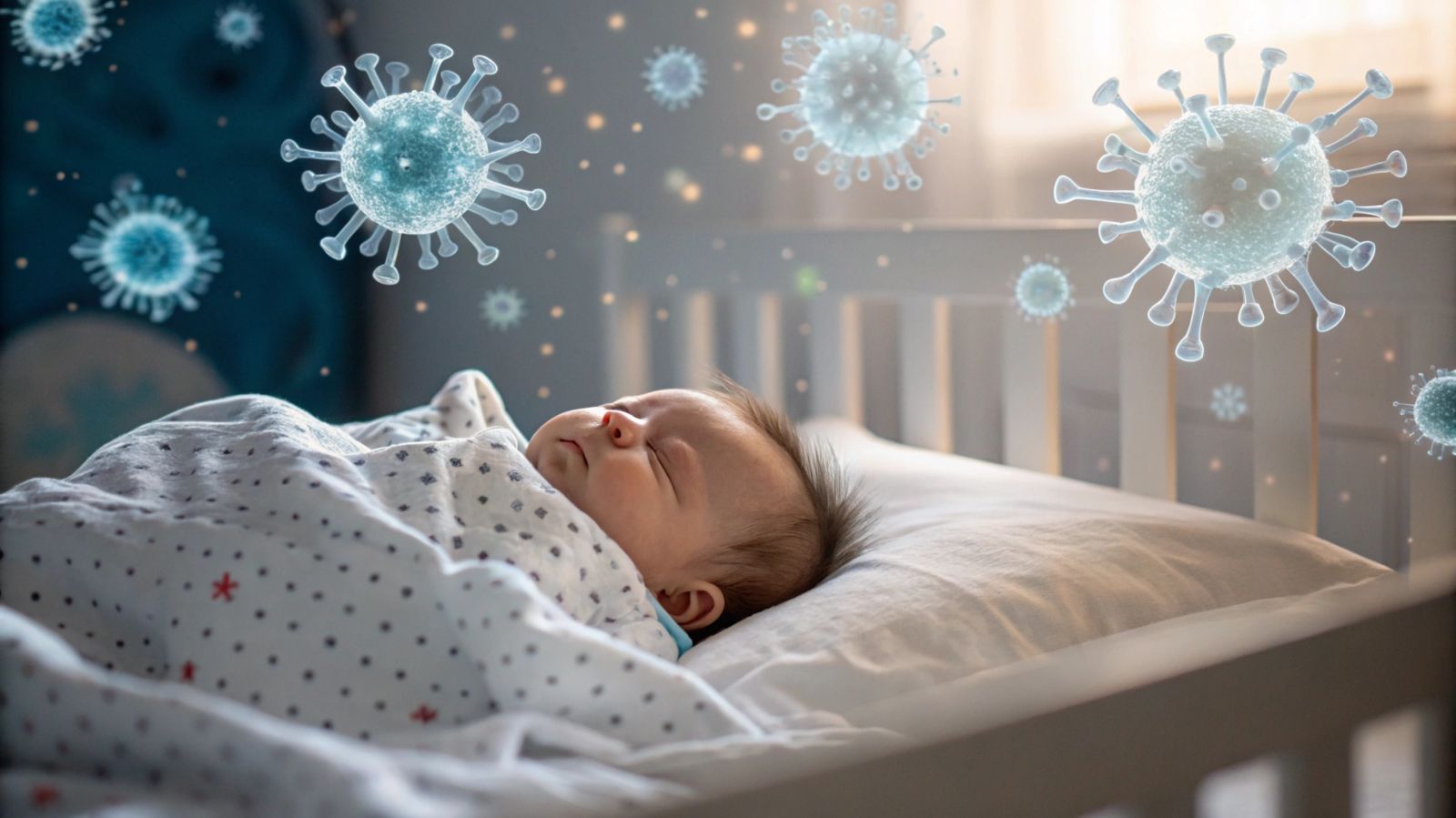Follow us on Google News (click on ☆)

Thus, babies who contracted HPV at birth cleared the virus in less than four months on average, and all eliminated it within two years.
This data comes from the Héritage cohort, which included 422 pregnant women who tested positive for HPV and were followed at CHU Sainte-Justine, CHUM or St. Mary's Hospital Center.
The babies of 200 of these women were followed for two years, and those of 75 were followed for five years. Only 2 babies had recurrent HPV infection, meaning that after a negative screening, there was a positive test at a subsequent visit. Additionally, one baby tested positive at two consecutive visits and was therefore considered to have persistent infection.
Furthermore, the team also discovered new cases of HPV infection, even among babies who had not contracted it at birth. At some point during the two-year follow-up, 26 children acquired a virus genotype that had not been detected previously. "This could be transmission by the mother after birth, or by the father or another caregiver, for example during bathing or diaper changing," explains the researcher. Nevertheless, all babies in the cohort who had contracted HPV cleared the virus before age two.
"These findings are very encouraging," emphasizes Eméra Alice Bénard, a master's student in epidemiology at UdeM and the study's first author. "We now know it's unlikely for a mother to transmit the virus to her baby during pregnancy or delivery. If transmission does occur, the risk of the baby developing a severe or persistent form of the disease is very, very low. This should certainly reassure pregnant women diagnosed with HPV."
Low risk for babies... but significant for women
Despite these promising results, Helen Trottier emphasizes the importance of vaccination to prevent HPV complications in adults, including genital and oral cancers. This very common virus among people of reproductive age is recognized as the main risk factor for cervical cancer, in addition to being responsible for about one-third of head and neck cancers. Several studies have also linked HPV infection to an increased risk of premature birth.
"Vaccination is a highly effective way to prevent HPV. Even though the risk is low for babies, it's absolutely essential to get vaccinated for yourself," concludes the researcher.